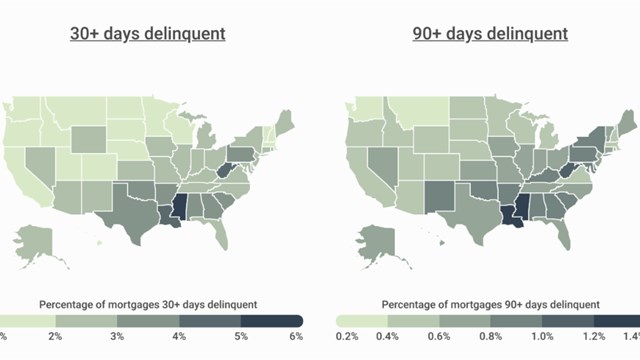Successive waves of transformation have swept across the property management industry over the last few years - and while many of these changes can be directly attributed to the pandemic, others seem to come from every direction. These waves of change include absorbing the impact of labor and material shortages and the accompanying continuing supply-chain issues, increased regulations, industry consolidation, and the housing affordability crisis. Management pros have also faced an increase in demands and expectations from their residents and clients, as well as competition from the institutional investors and management firms flooding into the field.
Property management companies have by and large risen to these challenges - but perhaps the most immediate change has been in the way management, boards, and residents relate to each other.
More Involvement, More Response
One enormous change brought about by the pandemic is the shifting of meetings from in-person to virtual formats. While this trend is evident in nearly every industry you can name, it’s been particularly transformative in the world of multifamily communities. No longer do all five or seven board members have to be in the same room at the same time; the manager no longer has to be physically present either. Zoom, Google and other popular virtual meeting platforms changed everything, and that goes for annual resident meetings as well. The convenience of virtual proximity has also made non-board owners more interested in what’s going on in their community, as well as more willing to participate in its governance.
“Since communication for board meetings and community meetings has moved to virtual settings, many boards are seeing increased levels of communication - not only between each other, but between the board and the community residents,” says Michael Mendillo, president of FirstService Residential, New Jersey. “Perhaps not surprisingly, homeowners are more engaged than ever and eager to hear from their boards. One positive that’s emerged from the pandemic is that boards report overall better relationships with the homeowners in their communities. Keep in mind that the adoption of neighborhood digital communication is growing as well. To know what’s happening in your area, you’ll need to make sure your community board members are using the same apps and communication channels as residents.”
One result is the acceleration of the adaptation of technology developed for real estate professionals and management organizations. “With advancements in technology,” says Mendillo, “property management companies in New Jersey are increasingly relying on digital solutions to streamline their operations, including software for property management, accounting, and communication.”
Increased Response to Resident Needs
Another result of increased communication is that boards and property management companies are placing greater emphasis on the resident experience. “They are doing this by providing more lifestyle programming and amenities,” says Mendillo. “Things like fitness centers, community spaces, high-speed wifi, and more. They are also offering more flexible contract agreements and should have responsive customer service at the forefront of their management philosophy. The pandemic has accelerated the trend towards remote work, and property management companies are adapting to this trend by offering virtual tours, remote communication with tenants, and digital payment options.”
The collision of the pandemic and standard operating procedure has produced positive change in the management of shared communities. That was certainly not expected when the health crisis first arose. As the old saying goes, every cloud has a silver lining.







Leave a Comment